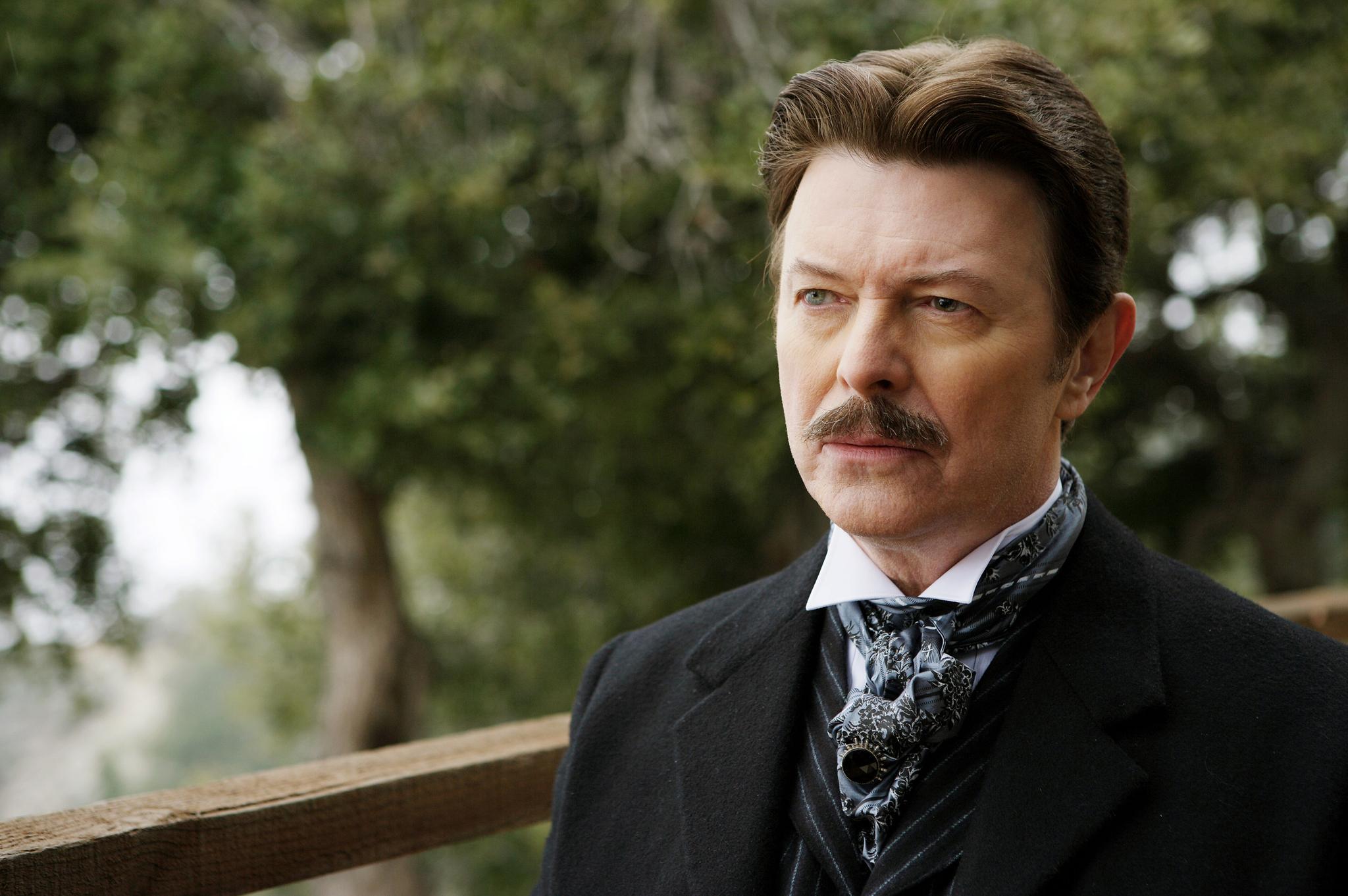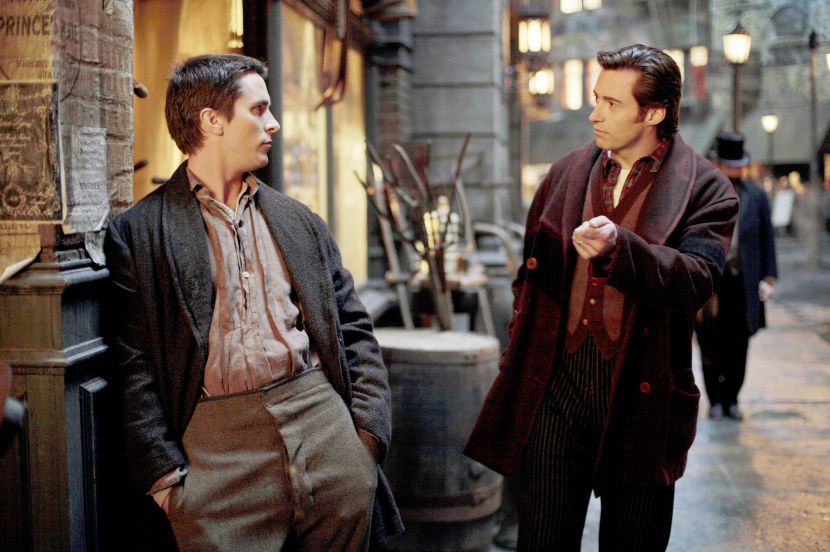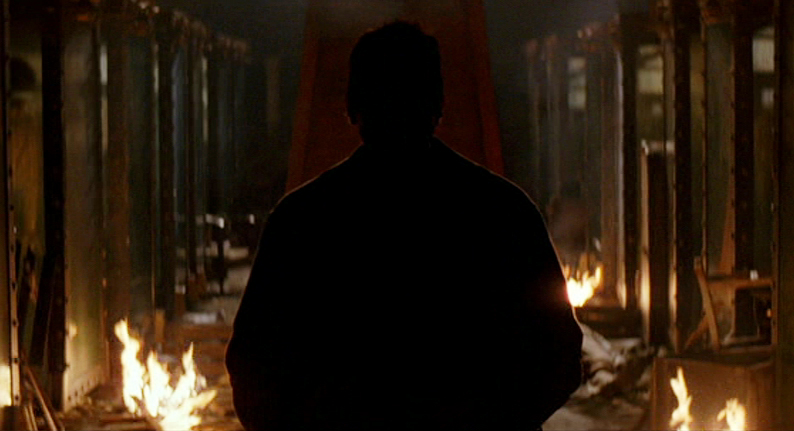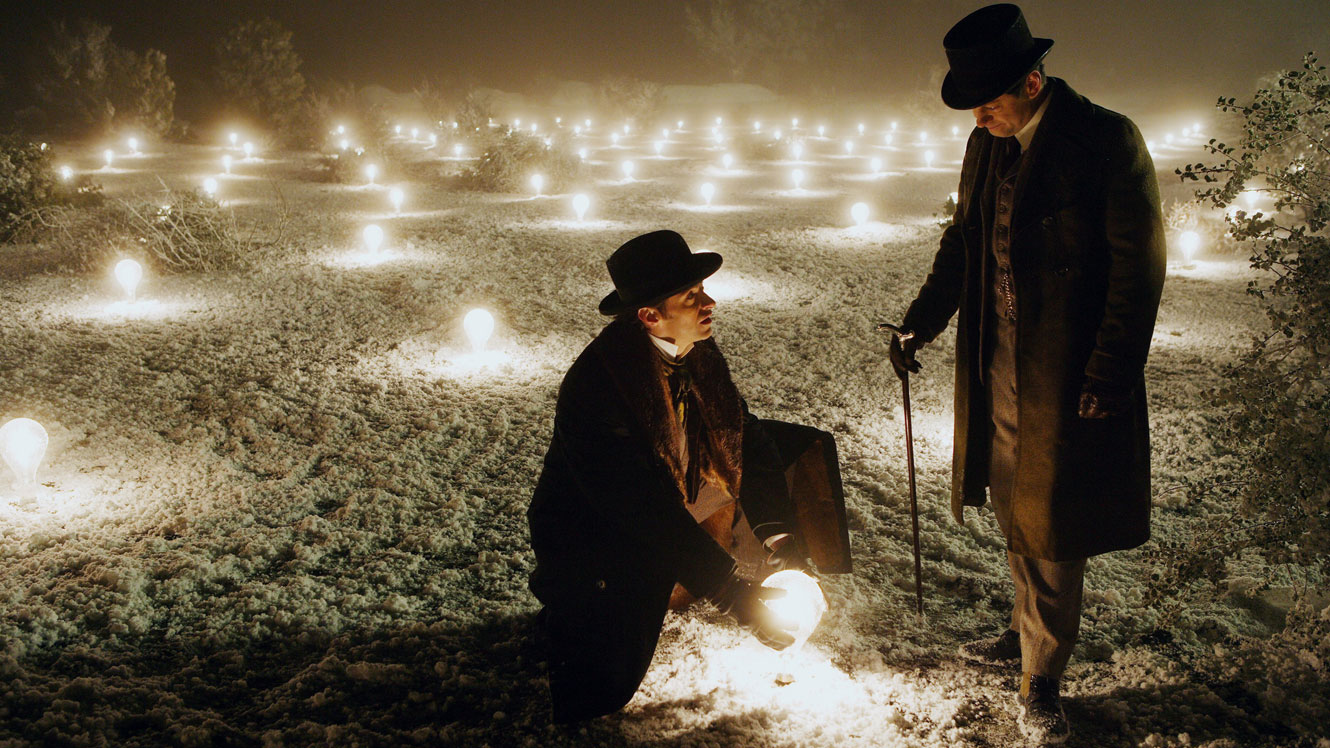
Since his debut with Following, Christopher Nolan has steadily produced a body of work that will no doubt secure his place amongst the pantheon of brilliant directors.
As a filmmaker, Nolan has pioneered new ways to tell stories, to stage action set pieces and has reimagined the modern day blockbuster. This groundbreaking approach to filmmaking has brought him much critical and commercial acclaim and has directly affected the film industry.
With his Dark Knight trilogy, Nolan changed the way comic book movies are approached. It is an undeniable fact that since the unprecedented success of his batman films, studios such as Marvel, Warner Bros. (and its DCEU) and Fox have all attempted to add a bit more reality and grit to their stories.
With Inception, he established that there really are no limits to what can be imagined in terms of set pieces and visual-effects. From the world folding in on itself to a tumbling corridor to the decayed architecture of a mind lost in itself, he gifted the world an example of how, through film, we can manifest our strangest fantasies into believable and compelling action.
Even his foray into science fiction with 2014’s Interstellar demonstrated how, with a universal story, groundbreaking effects and real science, you can create a timeless science fiction epic that not only entertains but also can serve as an academic text to be studied.
Nolan will undoubtedly continue to break ground in cinema and change the way we experience it. However, of his existing oeuvre we can’t help but see one film standing above the rest as his masterpiece. The film that marries everything that makes Nolan such a fascinating auteur.
So, without further ado, here are 10 reasons why The Prestige is Nolan’s best film. Oh, and beware: spoilers lay within.
1. Puzzle Narrative

The film opens with two aspiring magicians, Robert Angier (Hugh Jackman) and Arthur Borden (Christian Bale), working as stooges for Milton the Magician. When Borden and Angier’s partner Julia (Piper Perabo) attempt a new knot for an aquarium escape trick the plan goes horribly wrong and Julia drowns to death. From this a great rivalry is born as Borden and Angier seek to ruin the reputation of the other and discover the secret to the other magician’s tricks.
The plot becomes increasingly more complex and labyrinthine as the two men descend further into their obsessions. Borden begins to get the upper hand with him succeeding in ruining Angier’s reputation and with Angier unsuccessful in discovering the secret to Borden’s transported man trick.
Angier sends his assistant, Olivia (Scarlett Johansson), to manipulate Borden and steal his secrets but, falling for him, she helps Borden instead and gives a Angier a fake diary that sends him on a trip to America to find Nicolai Tesla (David Bowie). Despite Tesla having nothing to do with Borden’s trick he does give Angier a machine that can make clones of anyone or anything that steps inside.
Finally, Borden is led into a trap: as Angier performs his trick – his clone appearing in a balcony behind the audience but this time not revealing himself whilst the real Angier drops into a tank of water and drowns the same way Julia did – Borden is accused of his murder by the only witness, Angier’s ingénieur Cutter (Michael Caine). Angier returns, in disguise, and offers to care for Borden’s daughter if he reveals his secrets. Borden does so, unaware that the man is actually Angier, and is hung to death.
However, when Cutter discovers Angier is not dead, and that he has been cloning himself and killing the originals, he helps Borden (the remaining twin) reunite with his daughter, but not before Borden murders Angier.
The plot serves as a puzzle with all the pieces, or clues, littered throughout the narrative. When assembled they reveal the truth. It is only when Nolan’s prestige (the revelation of Borden being an identity inhabited by twins, and Angier killing himself over and over again to experience Julia’s death) is revealed that the clues to this revelation become obvious.
The non-linear storytelling device that Nolan utilizes here, imbued with the unreliable perspective shifts between Borden and Angier as they read each other’s diaries, makes the journey to truth, or the assemblage of clues, a more difficult and complex task.
2. Ripe for Multiple Viewings

The nature of The Prestige’s narrative, its unforeseeable twist, renders the film utterly ripe for repeat viewings. The film’s twist of Borden being twins turns the film on its head.
Watched again, loaded with the knowledge of Borden’s prestige, it becomes an entirely different film. This is a testament to the attention to detail that Nolan pays to his long con. Throughout the film he peppers subtle clues to the truth: Fallon wears gloves at all times (to cover up his severed finger, identical to Borden’s), the foreshadowing of the little boy asking what happened to the brother of a bird that disappeared during a trick (the boy accurately suggesting that the other bird is actually dead and the living one a ringer) and, perhaps most obviously, Borden’s wife Sarah’s (Rebecca Hall) constant insistence that some days he loves her and some days he doesn’t.
Borden’s behavior too is expertly, but subtly, made to be different. The behavioral shifts, which are of course just the differences between the two twins, come at a point in the narrative where things are beginning to fall apart for the character of Borden. Thus, as a viewer, we believe the sudden changes in behavior are just signs of a man losing grip and not the truth that he is two men.
Finally, there is the layering of themes and subtext that make the film so suitable for re-watching. With themes spanning from obsession and ambition to the importance of storytelling and the fragility of reality, each repeated viewing becomes a study of a new theme and a new approach to watching the film.
3. Performances

The intensity of the themes that the film embodies, the tragedy at the heart of the story, and the experienced hand of Nolan guiding the cast have all lead to some truly compelling performances.
The real standout here is Jackman. Angiers’ many obsessions – to get Borden to reveal the truth about Julia’s death, to be more successful than Borden, and finally to learn the secret behind Borden’s transported man trick – make the character the perfect showcase role for an actor. And Jackman tackles the role with such a relatable desperation it mesmerizes. His performance is so central to the narrative it carries the momentum of the film and makes it so engaging.
As stated previously, we love the subtle difference between Bale’s Borden twins. It is a truly nuanced performance that gently respects the differences between the brothers without revealing too much.
Of course the ever-reliable Caine is perfect as our tour guide into the world of magicians and engineered magic. But he shines most as Angier’s mentor, trying desperately to help the man move on from his grief whilst cleverly plotting a contingency plan if the two magicians’ rivalry goes too far, which of course it does.
Finally, we have Hall, who is brilliant in the role of Borden’s tragic wife, Sarah. Sarah becomes increasingly unstable the further Borden, and his ambition, descends into his obsessive competition with Angier. When the two brothers begin to loose grip on their act, leading to Sarah feeling more and more isolated and desperate. Her character, and more importantly her performance of that character, is principal to the film’s heartbreak.
4. Direction

There is a reason that Nolan is considered one of the greatest directors of his generation. A narrative as complicated as this one, one which depends on its own prestige to be shocking and unpredictable, is a hard one to pull off. Nolan excels nonetheless by hiding the clues to the plot’s secrets in plain sight, only revealing enough to hint at the climax. As stated before, because of this careful plotting he has made the film perfect for repeated viewings.
Nolan crafted a story that relies on its characters perspective and plays with the expectations of his audience and his characters simultaneously. As Angier reads Borden’s journal, embarking on a great adventure based on information provided in the journal, Nolan is able to manipulate the film’s reality by directing expectations away from the truth.
He crafts a sub plot about science and its potential for actual magic and leads us all to believe that this is the great secret the plot wishes to conceal. The fact that it is just misdirection elevates the impact of its excellent twist.
With The Prestige, Nolan has demonstrated why he deserves to be considered an equal to a Hitchcock or Scorsese. Hitchcock knew how to withhold information until the perfect moment to increase suspense and mystery. Nolan, on the other hand, has found a way to dangle that information in front of you without you even realizing it.
5. Cinematography

It comes as no surprise that a film shot by Wally Pfister would end up looking gorgeous. Pfister finds the right balance between smoggy London and enigmatic period atmosphere. Pfister’s camera expertly creates a moody and gritty aesthetic that not only reflects the dirt and scum of a busy Victorian London, but also the tense and brutal relationship between the two leads.
Pfister’s photography shines most in the scenes set at Tesla’s compound in Colorado. It was essential, given the nature of Tesla’s work and the cloning machine he has built, that the sequences involving Tesla embodied an air of mystery. Pfister utilizes blue hues, dimly lit sets and a sky that seems to be permanently set between dusk and dawn.
Scenes set during day time look gritty and realistic, doing away with any romanticism, but the scenes set at night transform the aesthetic to something much more cinematic and wonderful. This shift in visual tone boosts the film’s effectiveness in combining awe with shock, magic with science, and the supernatural with something more grounded.